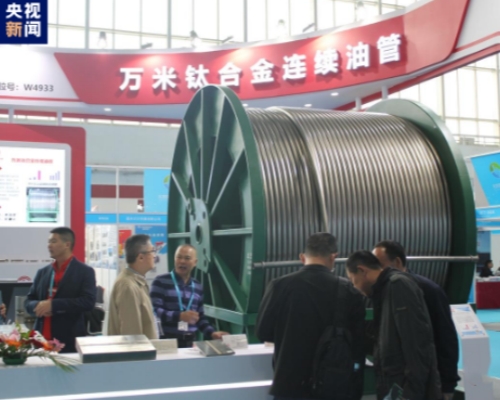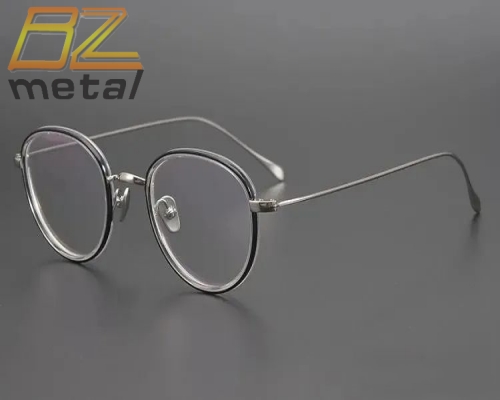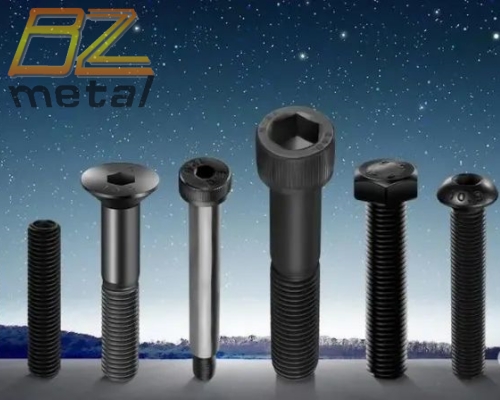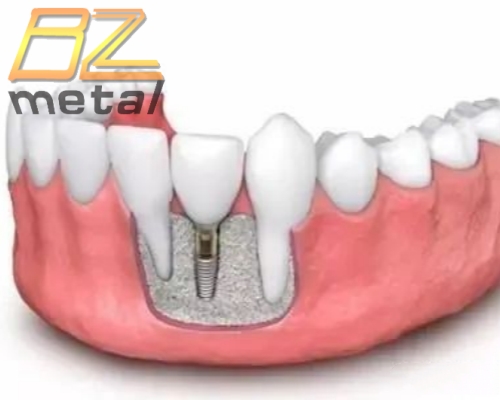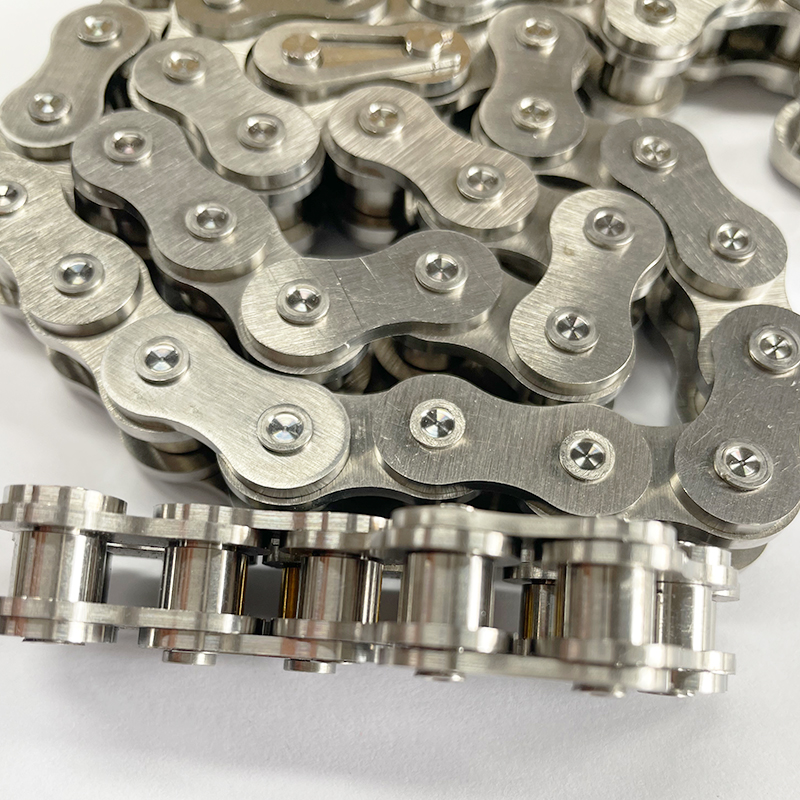Application of TITANIUM alloy 3D printing technology in various fields
Application of TITANIUM Alloy 3D Printing Technology in Various Fields
3D printing began to emerge from the 1990s, its development is based on high energy hot melt cladding technology and rapid prototyping technology, compared with the traditional technology of manufacturing, not after all kinds of knives cutting and processing of a variety of complex process and greatly reduce the processing time, at the same time for complex components, its processing and manufacturing precision is higher.
Titanium alloy parts made with 3D printing technology are very strong, precise in size and have better mechanical properties than forging process.Due to its good biocompatibility and excellent mechanical properties, the most important applications of titanium alloy are biomedical materials, aerospace, precision instruments, etc.
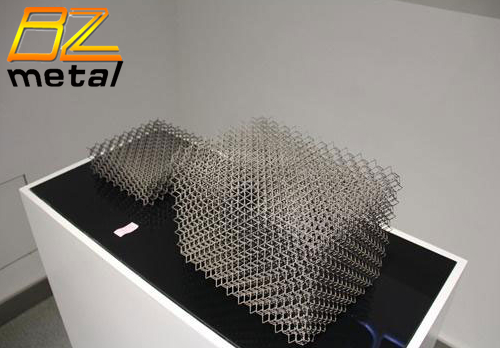
Titanium Alloy Has Structural Advantages in 3D Printing Materials
1. Higher Strength.
Titanium alloys have only 60% of the density of steel, and the strength of pure titanium is close to that of ordinary steel. Some high-strength titanium alloys exceed the strength of many alloy structural steels. Therefore, the specific strength (strength/density) of titanium alloy is far greater than that of other metal structural materials, which can produce parts with high unit strength, good rigidity and light weight. Today's aircraft use titanium in engine parts, frames, skins, fasteners and landing gear.
2. High Thermal Intensity.
The service temperature of titanium alloy is several hundred degrees higher than that of aluminum alloy, and it can work for a long time at 450℃ ~ 500℃. The operating temperature of aluminum alloy is below 200℃.
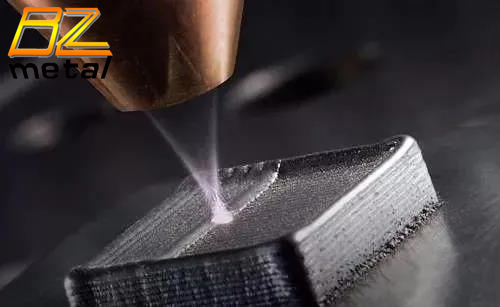
3. Good Corrosion Resistance.
Titanium alloy works in humid atmosphere and seawater medium, its corrosion resistance is far better than stainless steel, pitting corrosion, acid corrosion, stress corrosion resistance is particularly strong.
4. Lower temperature performance is still good.
Titanium alloy can still maintain its mechanical properties at low temperature. TA7, for example, it can maintain a certain plasticity at -253℃. Therefore, titanium alloy is also an important low temperature structural material.

